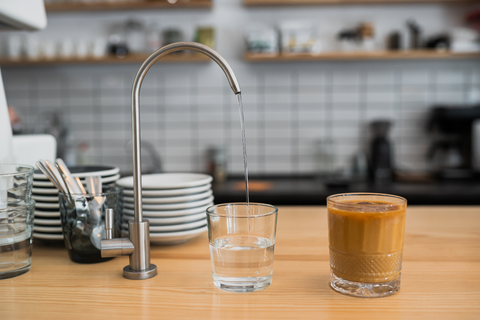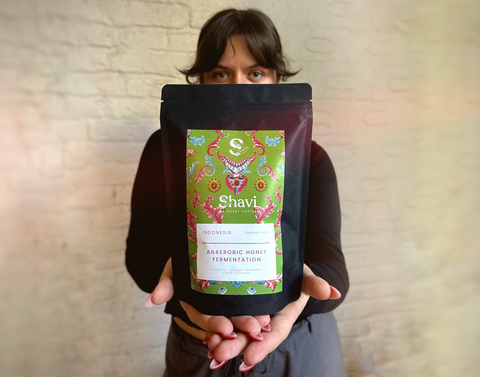Decaf coffee often sparks curiosity. How is it made? Does it still taste good? And most importantly, is it worth trying? Let’s break down the science behind decaf coffee in an easy-to-understand and friendly way. Whether you’re cutting back on caffeine or simply want to explore new options, decaf might surprise you with its quality and flavor.
What is Decaf Coffee?
Decaf coffee is regular coffee with most of the caffeine removed—typically around 97%. The result? A cup that offers all the deliciousness of coffee without the jitters.
How is coffee Decaffeinated?
Decaffeination happens before the beans are roasted. Here’s an in-depth look at some common methods:
- Swiss Water Process (SWP)
- How it works: Coffee beans are soaked in hot water to extract caffeine and flavor compounds. The water is then passed through a filter that removes only the caffeine. This "flavor-rich" water is used again to soak a new batch of beans, ensuring the flavor stays intact.
- Why it's great: No chemicals are involved—just water and a lot of science. This method is popular for specialty-grade coffees as it maintains a bean's original taste profile.
2. Sugarcane Process (Natural Ethyl Acetate)
- How it works: The beans are steamed to open their pores and then soaked in a natural solvent called ethyl acetate, which is often derived from sugarcane. This solvent selectively removes caffeine. Afterward, the beans are steamed again to eliminate any residue.
- Why it’s unique: This eco-friendly method not only removes caffeine but also enhances the coffee’s sweetness, making it a great choice for those who enjoy naturally sweet and smooth flavors.
3. Carbon Dioxide (CO2) Process
- How it works: Coffee beans are soaked in water, then placed in a sealed chamber filled with liquid CO2 at high pressure. The CO2 acts like a magnet for caffeine, drawing it out while leaving other flavor compounds untouched. While safe, some prefer water processes for a cleaner approach to decaffeination.
- Why it’s advanced: This cutting-edge method is super clean and efficient, preserving the most delicate flavor nuances of the beans.
Want to dive deeper into decaf methods? The Coffee Quest’s guide to decaf is an excellent resource.
Does Decaf Coffee taste different?
Thanks to advancements in decaffeination, modern decaf coffee can be just as flavorful as its caffeinated counterpart. Specialty-grade decaf beans, ensure you’re getting a delicious cup with no compromises.
Why choose Decaf Coffee?
- Late-night brews: Enjoy your favorite cup without fear of staying up all night.
- Health reasons: Perfect for those sensitive to caffeine or looking to cut back.
- Flavor first: You can still focus on the unique flavors of the coffee, not only the caffeine buzz.
Decaf at Shavi Coffee
If you think decaf coffee is boring, think again! Our Colombia Huila Community Santa Maria Decaf is decaffeinated using the Sugarcane Process, ensuring it retains its delightful sweetness and fruity notes. Perfect for those who want the taste without the buzz!
Whether you're caffeine-sensitive or just looking for a flavorful evening cup, our decaf offers a guilt-free coffee experience that never compromises on quality.



